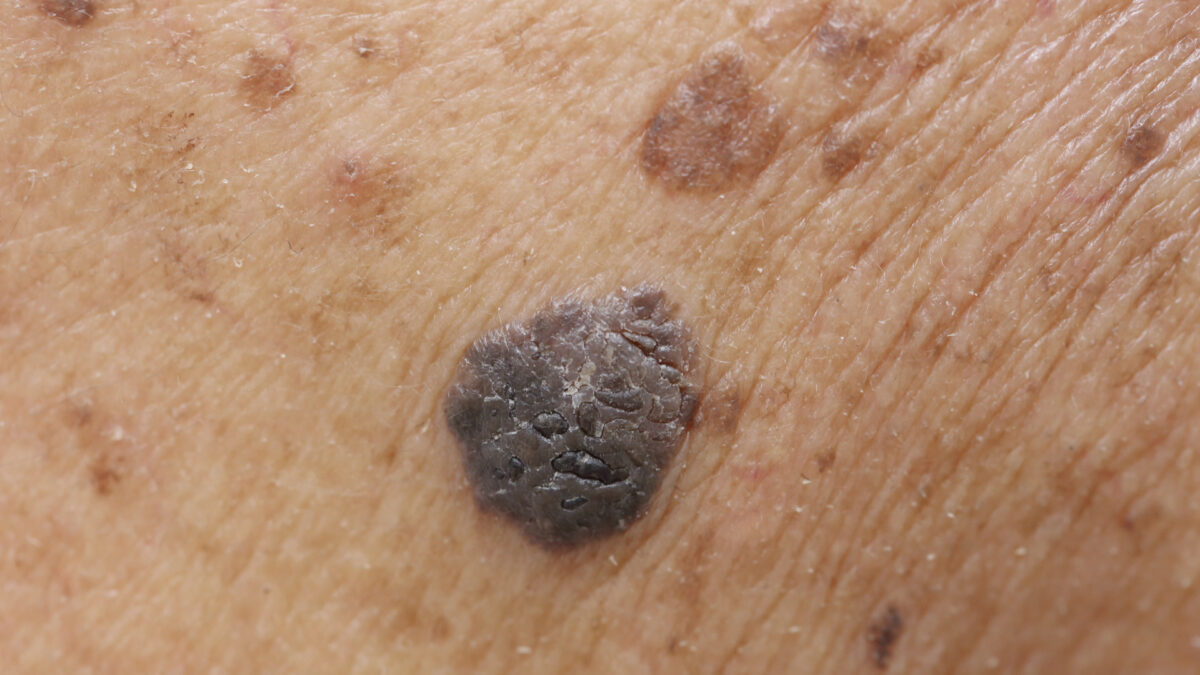Hungry before bed? Eat this, not that.
Delicious and dietitian-approved.

Delicious and dietitian-approved.
There’s nothing more annoying than going to all the effort of planning, cooking and cleaning up from dinner… only to feel hungry again soon after you hit the couch for your nightly TV fix.
Instead of rummaging through your fridge and pantry for a row (or ten) of chocolate or a ginormous wedge of camembert cheese to tide you over till you hit the hay, I’m here to inspire you to opt for something a little on the healthier side.
Like what you see? Sign up for our bodyandsoul.com.au newsletter for more stories like this.
Is it bad to eat before dinner?
Old wives’ tales might have you believe that eating before bed is taboo, especially if you’re trying to lose weight… but I’ve got other ideas. Of course, it’s not wise to stuff yourself silly with ice cream, lollies and buttery popcorn every night of the week.
Not only are these foods easy to over-do, they’re jam-packed with unhealthy added sugar and/or saturated fat, which makes them rather calorie-dense. Many traditional late-night snacking foods are also rife with sodium, which is not ideal for heart health.
If you’re genuinely hungry and opt for a healthy bite to eat, on the other hand, I’ve got no qualms. One of the main considerations is portion size, because you don’t want to go to bed feeling uncomfortably full (hello an hour of staring at the ceiling). Whether it’s just before bed or throughout the day, I’d suggest aiming for a snack that provides about 600 kilojoules (150 calories) or less.
That should be enough to nip pesky hunger pangs in the bud without turning your snack into an entire meal.
Portion size aside, there is other criteria to keep in mind to ensure your snack hits the good-for-you mark. Your pre-bed snack should tick at least one of the following three hunger-busting checkpoints:
A source of fibre: Fruit, veggies, legumes, nuts and seeds provide plenty of fibre, which supports a healthy gut and has a fullness factor. A source of protein: Meat, seafood, eggs, legumes, tofu, nuts, seeds and dairy foods provide muscle-building protein and can keep you feeling satiated. A source of low-GI carbs: Think: wholegrain bread or crackers, yoghurt or fresh fruit. Low-GI carbs help to balance blood sugars and also keep you feeling full.Ten healthy, dietitian-approved food swaps for your late-night snack
To give you a little healthy snacking inspo, here are ten typical late-night fodder selections and the healthier swaps I’d recommend instead:
Instead of chocolate, enjoy a homemade bliss ball made of dates, nuts, seeds and cacao powder Instead of ice cream, opt for plain yoghurt. If it needs a little flavour, add fresh fruit and a sprinkle of cinnamon. Instead of a couple of biscuits, choose a handful of whole grain crackers and a slice of cheese Instead of a packet of chips, try a snack pack of roasted chickpeas Instead of buttery, salty popcorn, try plain air-popped popcorn flavoured with herbs and spices Instead of a leftover pastry, try a piece of wholegrain toast with a teaspoon of peanut butter Instead of lollies, try a fresh piece of seasonal fruit Instead of a traditional hot chocolate, brew a herbal tea Instead of another slice of cake, pour a glass of milk. In the cooler months, you could warm it up. Instead of a handful of pretzels, try a small handful of unsalted nutsMelissa Meier is a Sydney-based accredited practising dietitian. You can connect with her on Instagram @honest_nutrition.
Any products featured in this article are selected by our editors, who don’t play favourites. If you buy something, we may get a cut of the sale. Learn more.

 Lynk
Lynk 
































